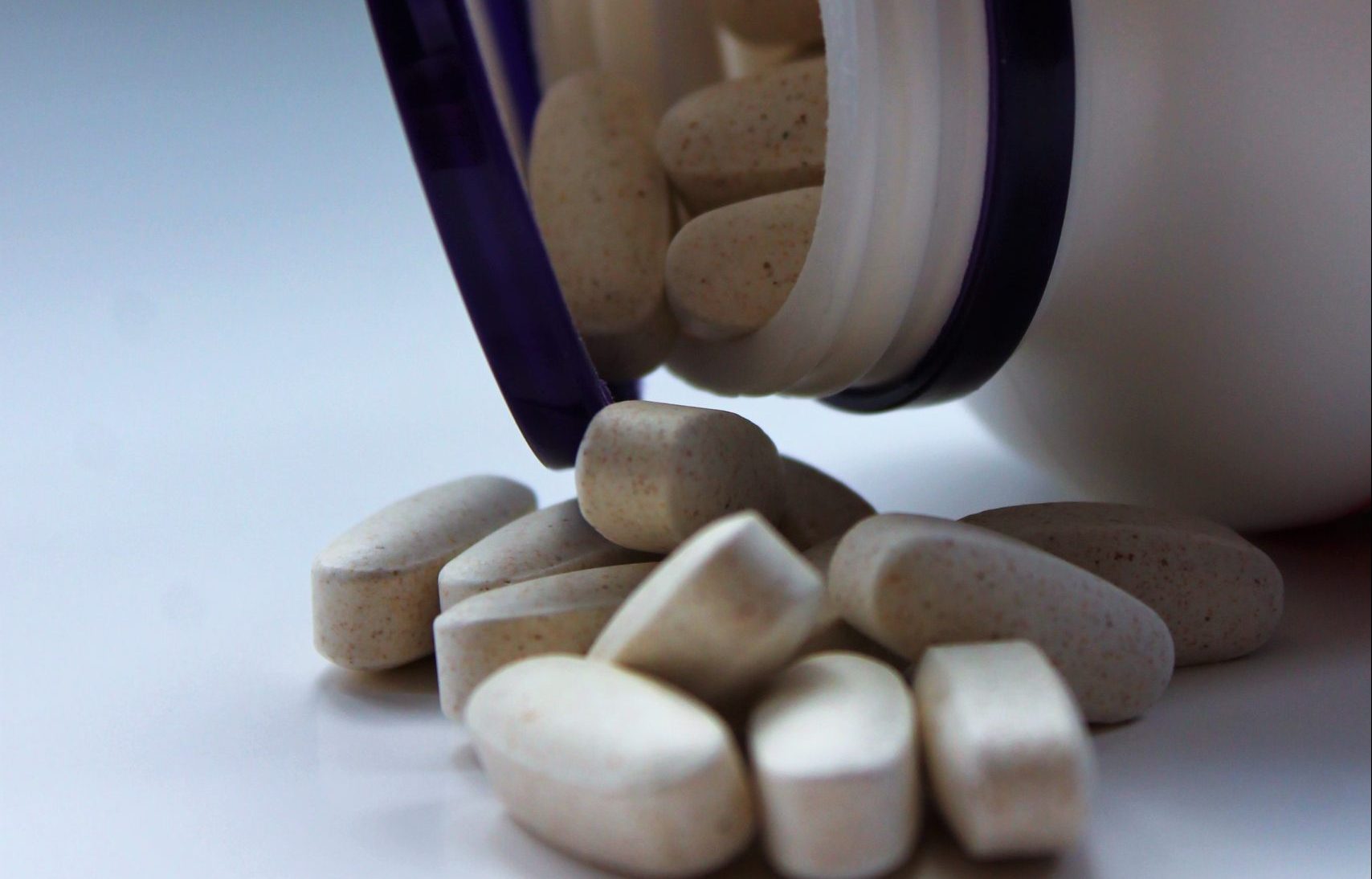
Lauren Dempsey, MS in Biomedicine and Law, RN, FISM News
[elfsight_social_share_buttons id=”1″]
Taking a daily multivitamin may improve memory in the elderly according to new research funded by the National Institutes of Health (NIH), Mars Edge — a division of Mars, which makes candy, pet food, and other products — Pfizer, and Haleon — both makers of multivitamins.
THE STUDY
The study was published last week in the American Journal of Clinical Nutrition and found that taking vitamins may boost memory function by the equivalent of three years of normal, age-related memory loss in some adults. Researchers at New York’s Columbia University and Brigham and Women’s Hospital in Boston tracked 3,562 adults over the age of 60 for three years.
The team of researchers in the Cocoa Supplement and Multivitamin Outcomes Study Web (COSMOS-Web) ancillary study randomly assigned participants to a daily multivitamin supplement, Centrum Silver, or a placebo and evaluated annually with neuropsychological tests for 3 years.
The tests evaluated memory by giving participants a list of 20 words, one at a time, for 3 seconds each, then asking them to type all of the words they remembered immediately and after 15 minutes. The test measured the function of the hippocampus, an area in the brain that controls learning and memory, Adam Brickman, the Columbia University professor of neuropsychology who led the study explained.
THE RESULTS
The study results found that after a year participants who took a multivitamin each day had better memory function than participants who took a placebo each day. The test results indicate that the improvement in memory is equal to about three years of normal, age-related memory change and as maintained throughout the study and were more evident in participants with heart disease.
The research suggests that multivitamins may provide micronutrients that enhance the function of the hippocampus. However, Brickman did acknowledge that additional research needs to be done before experts make recommendations on multivitamin use. The study does shed light on important information about the use of multivitamins in older adults. “Well-designed research studies are showing that there might indeed be some benefits” to taking multivitamins, Brickman said.
RECOMMENDATIONS
The NIH’s Office of Dietary Supplements recommends that people who don’t get enough nutrition through their diet or with certain medical conditions should take a daily multivitamin or mineral supplement to ensure adequate nutrition. Current research shows that supplements can be beneficial in increasing nutrition intake, promoting health, preventing chronic disease, improving eyesight, preventing malnutrition during pregnancy, and some studies show that multivitamins may decrease the risk of certain cancers.
However, experts warn that some caution should be taken and patients should consult a physician before starting a multivitamin regimen. For example, individuals who smoke should avoid multivitamins with large amounts of beta-carotene and vitamin A, and too much vitamin A during pregnancy increases the risk for birth defects.
PROPER DIET MUCH MORE BENEFICIAL THAN PILLS
The vitamin and mineral supplement is a $12 billion per year industry and it is estimated that half of all American adults take some sort of supplement. However, according to Johns Hopkins researchers, that money would be better spent on improving nutrition through diet.
Dr. Larry Appel, director of the Johns Hopkins Welch Center for Prevention, Epidemiology, and Clinical Research said that “Pills are not a shortcut to better health and the prevention of chronic diseases,” he said. “Other nutrition recommendations have much stronger evidence of benefits — eating a healthy diet, maintaining a healthy weight, and reducing the amount of saturated fat, trans fat, sodium, and sugar you eat.”
Appel further explained, “If you follow a healthy diet, you can get all of the vitamins and minerals you need from food.” The researchers recommend plenty of produce, low-fat dairy, whole grains, and healthy sources of protein.
